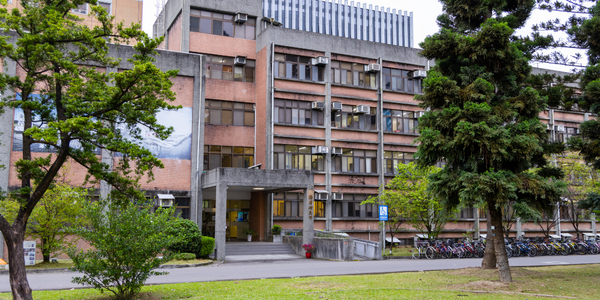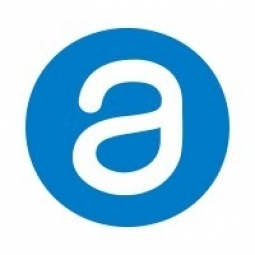Download PDF
Streamlining Operations and Enhancing Service Delivery: A Case Study of T.R. Lawing Realty
Technology Category
- Application Infrastructure & Middleware - Event-Driven Application
- Functional Applications - Computerized Maintenance Management Systems (CMMS)
Applicable Industries
- Buildings
- Telecommunications
Applicable Functions
- Facility Management
- Maintenance
Use Cases
- Inventory Management
- Leasing Finance Automation
Services
- Testing & Certification
The Challenge
T.R. Lawing Realty, a pioneer in Single Family Rental (SFR) management in the Charlotte area, was facing operational challenges due to outdated technology. The company, which has been in business for over 65 years and manages over 2,400 units, was struggling with a software that lacked tenant and owner portals and was not keeping up with the times. The company was also grappling with server issues that led to uncontrollable downtime, affecting their efficiency and service delivery. Additionally, the company was looking to streamline its processes, from leasing to maintenance and accounting, to enhance efficiency and control costs. The company was also dealing with a high volume of inquiries, averaging 4,000 a month, which was overwhelming for the leasing staff.
About The Customer
T.R. Lawing Realty is a reputable property management company based in Charlotte, North Carolina. Established in 1957, the company was one of the first in the Charlotte area to specialize in Single Family Rental (SFR) management. The company has a stellar reputation and manages over 2,400 units. The company has been in business for over 65 years and has seen the Charlotte real estate market grow exponentially. Despite the growth and changes in the market, T.R. Lawing Realty has remained committed to providing first-class property management services to real estate owners. The company is led by Tommy Lawing Jr., the President, Joe Rempson, the Vice President, and Sherry Kleller, the Accounting Supervisor.
The Solution
T.R. Lawing Realty adopted AppFolio, a property management software, to address their operational challenges. AppFolio offered a reliable solution with minimal server issues, reducing downtime. The software also came with tenant and owner portals, which were missing in their previous software. AppFolio helped the company streamline its processes, from leasing to maintenance and accounting, enhancing efficiency. The software also came with an AI leasing agent, Lisa, who helped manage the high volume of inquiries, filtering out less serious inquiries and leaving the more serious ones to the leasing staff. AppFolio also offered a built-in application process that allowed the company to process applications faster and without the need for manual data entry. The software also facilitated online payments, reducing the number of people walking into their offices, and consolidated all texts and emails in one place, enhancing accountability and resolution.
Operational Impact
Quantitative Benefit
Related Case Studies.

Case Study
Energy Saving & Power Monitoring System
Recently a university in Taiwan was experiencing dramatic power usage increases due to its growing number of campus buildings and students. Aiming to analyze their power consumption and increase their power efficiency across 52 buildings, the university wanted to build a power management system utilizing web-based hardware and software. With these goals in mind, they contacted Advantech to help them develop their system and provide them with the means to save energy in the years to come.

Case Study
Intelligent Building Automation System and Energy Saving Solution
One of the most difficult problems facing the world is conserving energy in buildings. However, it is not easy to have a cost-effective solution to reduce energy usage in a building. One solution for saving energy is to implement an intelligent building automation system (BAS) which can be controlled according to its schedule. In Indonesia a large university with a five floor building and 22 classrooms wanted to save the amount of energy being used.

Case Study
Powering Smart Home Automation solutions with IoT for Energy conservation
Many industry leaders that offer Smart Energy Management products & solutions face challenges including:How to build a scalable platform that can automatically scale-up to on-board ‘n’ number of Smart home devicesData security, solution availability, and reliability are the other critical factors to deal withHow to create a robust common IoT platform that handles any kind of smart devicesHow to enable data management capabilities that would help in intelligent decision-making

Case Study
Commercial Building Automation Boosts Energy Efficiency
One of the challenges to building automation is the multitude of non-interoperable communications protocols that have evolved over the years. Buildings have several islands of automation. Bridging the islands of different automation without losing the considerable investment in each specialized control network is the main focus in this solution.







